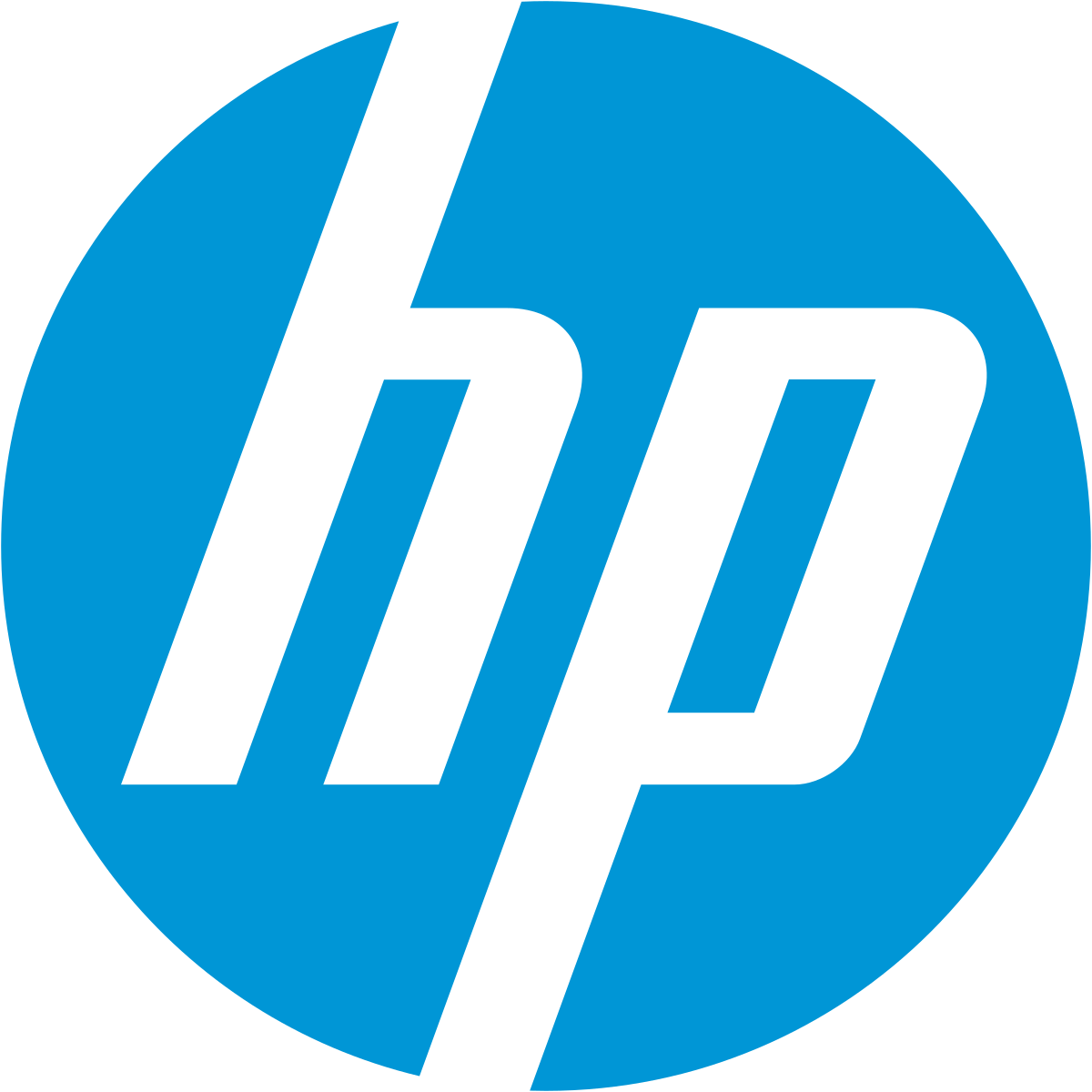Better Water, Better Life: HP Supports World Water Day 2016
by Nate Hurst, Chief Sustainability & Social Impact Officer, HP
Having access to clean, safe water is a basic human right and something those of us in the developed world largely take for granted. Yet 663 million people [1] around the world do not have access to clean water and 2.4 billion[2] do not have access to a toilet. This negatively impacts their health and education, as well as the economic development of the communities in which they live.
At HP, we believe that through our actions, technology innovations, and investments we are reinventing how businesses, communities and individuals can thrive. Having developed a complete water footprint that outlines water usage across our operations, in our supply chain, and during product use, we recognize the importance of addressing water use beyond our own four walls.
To mark World Water Day, HP has made a donation to One Day’s Wages (ODW), a grassroots movement of people, stories and actions to alleviate extreme global poverty. Our donation will be used to fund two ODW projects providing access to clean water, sanitation development and improved hygiene in villages in Haiti and Uganda. These projects, as well as up to three more that our donation will support in 2016, will help around 11,000 people raise themselves up and make a better life. People like Kadambi Moses and his family who live in Budongo a rural village in Uganda. Thanks to the work of ODW, Kadambi and his family no longer have to use water collected from a swamp but can instead use fresh water drawn from a new well in their village with all the benefits to health and well-being that this brings.
Our donation complements funds ODW received from HP’s purchase of over 50,000 MiiR water bottles which were given to our employees to celebrate the launch of HP Inc. in November 2015. According to MiiR, every purchase of a MiiR hydration product empowers on average one person through clean water for an entire year.
As well as collaborating with organizations such as ODW to improve water access, quality and efficiency, we take a sustainable approach to designing products that includes reduced and more efficient use of water. For example, our closed loop cartridge recycling program makes new Original HP ink cartridges from cartridges returned through the HP Planet Partners program, plastic bottles, and apparel hangers, at a rate of more than 1 million bottles per day. By using recycled polyethylene terephthalate (PET) plastics, one of the materials used rather than new plastics, HP reduced water consumption by 75% and saved 7 billion gallons (30 billion liters) of water in 2013-2014, enough to provide over 7.2 million people in a developing country with water for a year[3]. By the end of 2015, we had manufactured more than 2.7 billion Original HP ink cartridges using recycled plastic.
In addition we are committed to reducing the water consumption of our own operations, particularly in water stressed regions. In 2014 we developed a new goal of reducing freshwater consumption (per employee) by 20% at our office sites by 2020, compared to 2010. Although this is a global goal, we are focusing initially on water-stressed regions such as India, Israel, and Singapore and on our top 10 water-consuming sites in each region. Our actions to date include:
- In 2014, an eight-month pilot of 24 smart water meters at our Israel Mercury site cut building water consumption an average of 20% during the pilot. 110 of these innovative water meters have now been installed at our six other sites in Israel.
- HP sites in Singapore and Bangalore, India capture rainwater for use in cooling towers.
- Our Kiryat Gat, Israel site uses grey water for landscape irrigation and to flush toilets.
Through collaboration with organizations like ODW, HP continues to drive its vision of creating a brighter future for everyone, everywhere and helping to create a more sustainable business and society.
Find out more at: www.hp.com/sustainability
Join the conversation at: https://twitter.com/hpsustainable
[1] http://water.org/water-crisis/water-sanitation-facts/
[2] http://water.org/water-crisis/water-sanitation-facts/
[3] http://www.charitywater.org/media/downloads/charity_water_presskit.pdf



